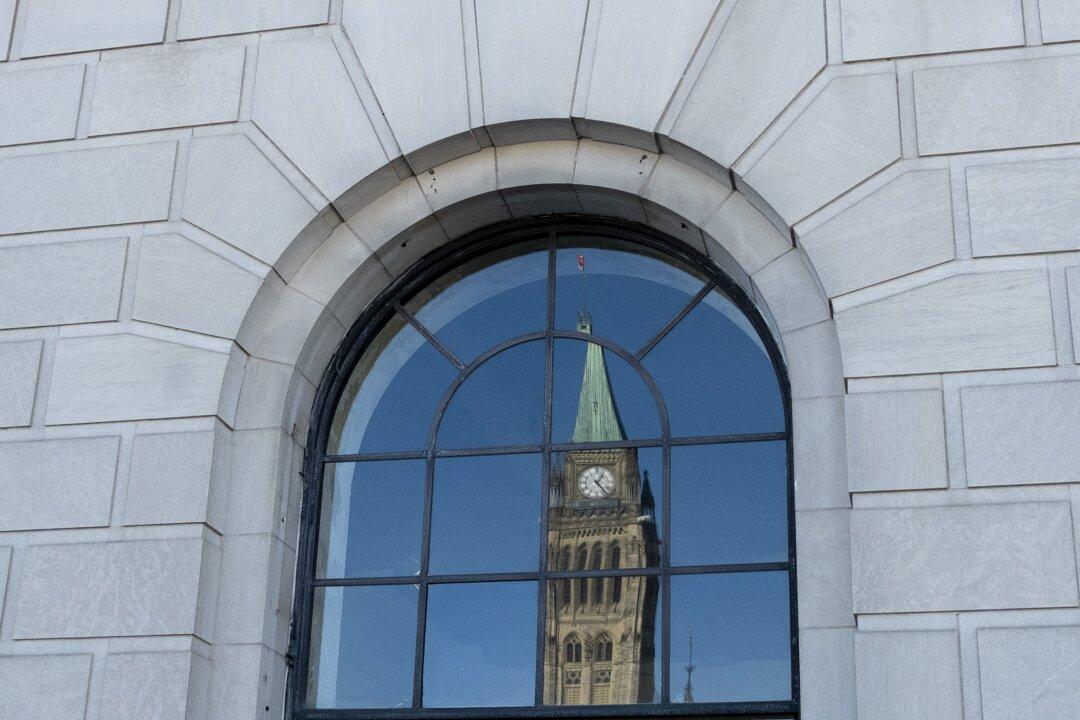Commentary
The Canadian health-care system is a shambles, and the pride that many Canadians reposed in it for a long time because it enabled them to preen themselves at the supposedly superior standards of equality and humanity in Canada than existed in the United States, has turned into alarm for all those of an age where medical problems are frequent.





